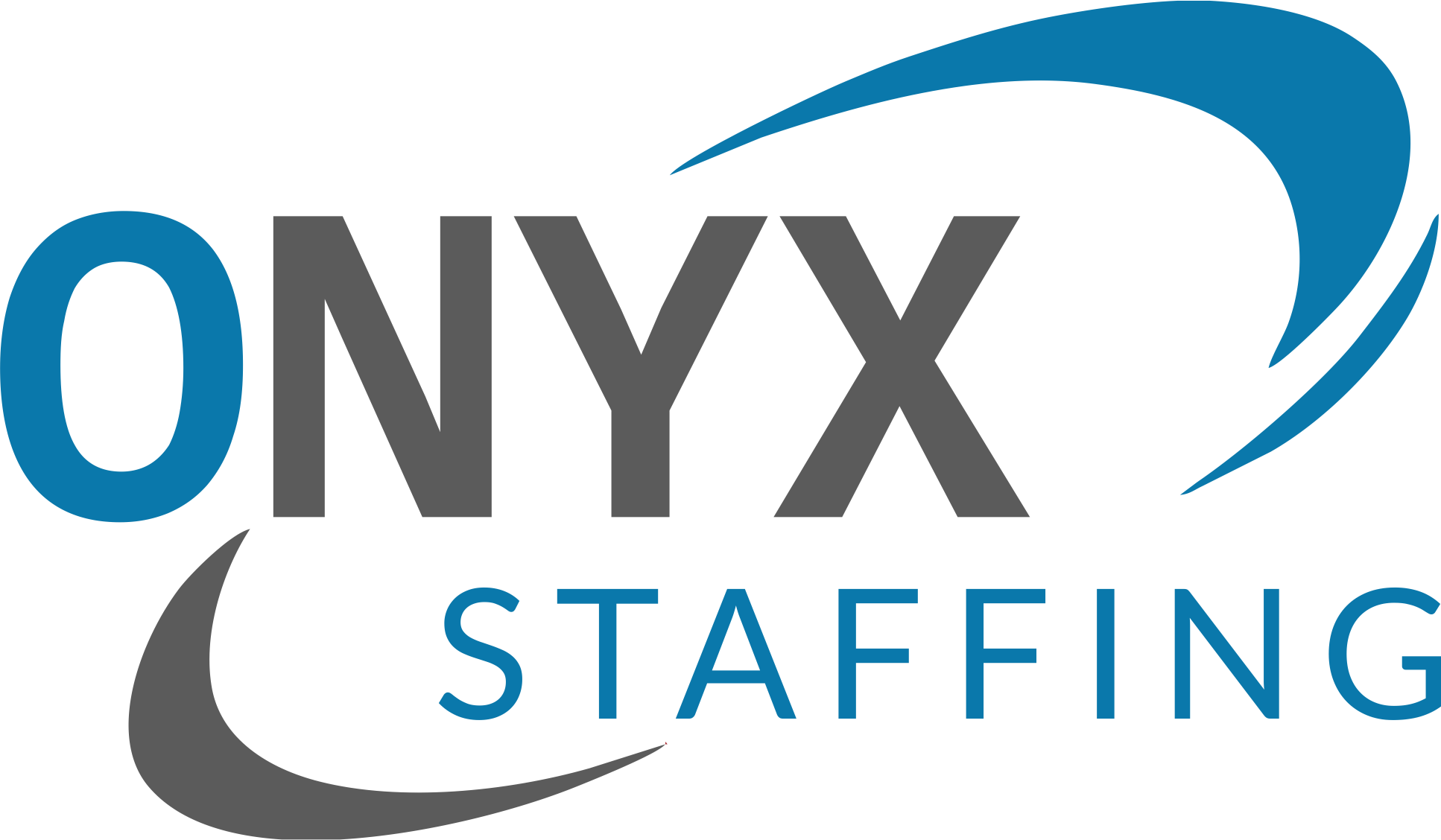Times are certainly changing, and nowhere are they changing faster than in employment law. Massachusetts has become the first state to ban employers from asking candidates about their salary history with a law that takes effect in July 2018. Designed to ensure equal pay for equal work, the legislation seeks to avoid a job seeker’s past compensation from following them throughout their career.
Employers across the country must take note, as the Massachusetts law is being considered a model for other states to follow. In fact, a number of other states, many along the East Coast, are currently considering the same measure. On top of that, many cities such as San Francisco and New York City are taking action faster than their state governments can, with the NYC ban to take effect on October 31st, 2017. Regardless of your location, it’s time to consider what a ban on salary history questions means for you, and how your recruiting strategy must adapt.
No More Lowball Offers
While future legislation will dictate what salary information we can and cannot request from candidates, we are in the midst of a talent shortage that has its grips on major niches such as IT, Creative/Marketing, and Engineering. Salaries are increasing, candidates have far too much access to competitive market data these days, and individuals are surely receiving offers at (or even above) market rate from other organizations. Therefore, even if you knew a Software Developer candidate was underpaid in their previous role, it would be unwise to extend a similarly low offer today.
Using Market Rate to Create Competitive Offers
Unless you’re opening up shop for the first time or are expanding into new arenas, you likely already have internal salary data you can begin with. What are others in the same role making in your organization? If you’re replacing an employee, what is the salary of the person leaving the role? Pay discrepancies between employees performing similar job responsibilities can cause morale issues, as employees do talk about their salaries. In fact, the new ban on historic salary information also makes it illegal to prevent employees from discussing salary with each other.
However, internal data alone isn’t enough to ensure a competitive hiring strategy. If employee retention is problematic, it may be a result of your compensation not being competitive with the external market. As for those with good retention numbers, how do you know you are not paying over market? This is why market rate research is critical, and there are a number of reliable places to look.
- The Bureau of Labor Statistics is a government agency that provides detailed salary information for many roles in various industries in its Occupational Outlook Handbook.
- PayScale is a reliable resource that compiles over 54 million self-reported salaries. While the website offers deeper features that have a cost, a basic salary search is free.
- Glassdoor must be considered when determining salary. If for no other reason, most candidates will be forming their initial salary offer expectations based on what they see here.
- Industry publications and articles from thought leaders across the internet can be helpful. Even if they are region-specific like our Southern California and Chicago salary guides, it’s important to know what’s going on in the industry. Today’s talent is more open to moving than ever before, so your business is likely competing with companies in markets across the country.
Sell the Role, Not the Salary
There’s no question that salary is an important factor in recruiting, but it’s not the only one. A study from the Harvard Business Review discovered that the top predictor of workplace satisfaction is the culture and values of an organization, not the paycheck. Salary actually ranked last among the six factors surveyed. It’s no wonder that those who attract a candidate based solely on high compensation might have trouble retaining that individual. After all, wouldn’t that employee be inclined to leave if presented with an even higher offer?
This is why selling the role and organization, not the salary, leads to better quality hires. Focus on your culture and showing a candidate how employees enjoy working with you. Don’t just put up window dressing to make it look like your company is an enjoyable place to work; make sure it actually is, and boast about it. Think about the perks your employees have. Does your workforce participate in activities together outside of work, such as volunteering efforts or charity events? Is there great work/life balance with flexible hours? Do you plan free Friday lunches once a month? Has your culture won a Best Places to Work award? As long as your salary is market competitive, this is what makes a candidate go from considering an offer to accepting it.
Hiring Despite the Ban on Salary History Questions
Here in Boston, we know a ban on asking salary history questions can seem like a gamechanger, but it shouldn’t be. While candidates are still free to voluntarily share their previous salary, it’s time to get away from obsessing over that number. After all, their last role is in the past for a reason, and it’s your job to avoid making the same mistakes their last employer did.




